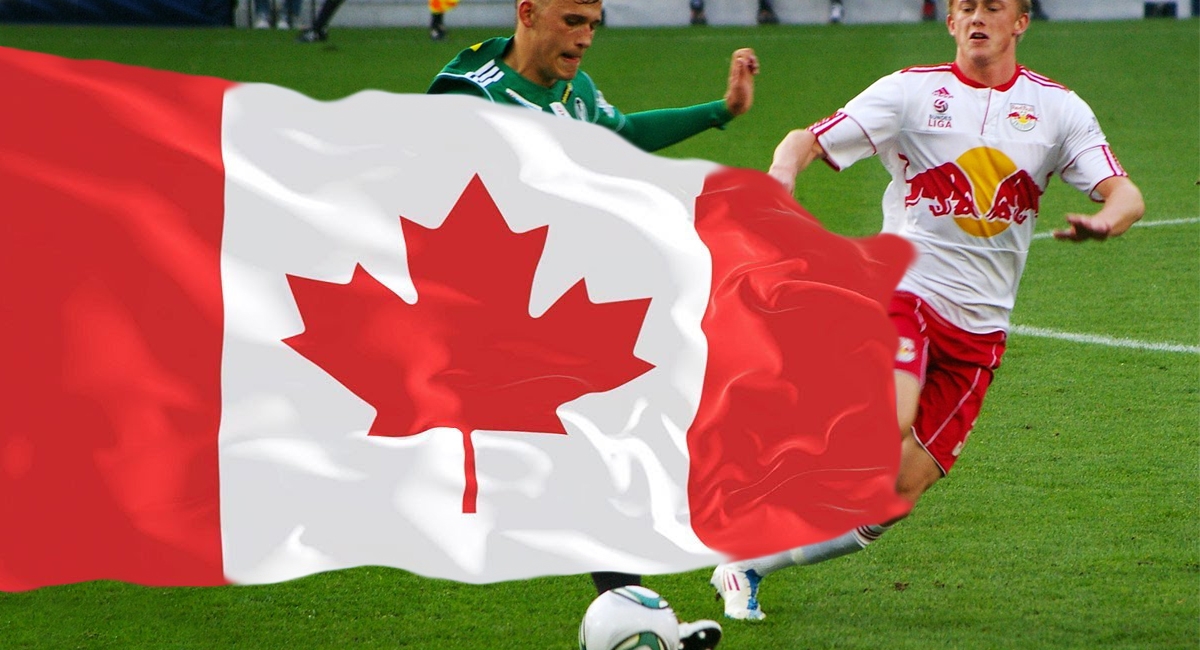
A safe bet – how Canada must move to create a safe gambling market
Canada is on the brink of a new dawn for the gambling industry as a new regulated gambling market opens up in 2021. Single event sports betting will be legal for the first time and private betting firms are being invited to apply for licenses to operate gambling and casino sites online.
Of course, we are not the first country to allow its population to bet in this way – across the States the same thing has been happening for several years, and for decades the UK and other European countries, including Sweden and Spain, have developed a similar set up, creating the space for a multi-billion dollar industry to flourish, generating millions in taxes in the process.
But with gambling comes the scourge of addiction, and there are many warning signs from abroad and within our own country that must be heeded as law makers set out the new framework for licensing across the Provinces.
So, what can be done to keep online gambling safe in Ottawa and across Canada? Here are some key aspects that we believe regulators must include when setting out the new rules that establish how the gambling market can operate in this country.
Responsible Gambling Tools
Responsible Gambling tools are a method used in European jurisdictions, including the UK, to allow gamblers to manage their own betting with deposit, wagering, loss and time limits set by the player themselves. For example, a player can decide to set their limits to $1,000 deposits per month. Once they reach this limit then they cannot deposit any more funds until the month is complete. The same can apply to the total money wagered by a player, the total lost, or the number of hours spent logged in.
The advantage of this ‘soft touch’ tool is that it puts the onus on the bettor to self-regulate and is flexible for players with different budgets and risk levels. The disadvantage is that limits only apply to the site on which they are set, and there is nothing to stop a player simply signing up elsewhere to spend beyond their own self-imposed limits. This also requires the player to set their own realistic and safe limits, something which a person with a gambling habit may not be able to do.
However, these Responsible Gambling tools are still a useful aspect of the overall strategy to prevent the spread of gambling addiction.
Mandatory Limits on Spend and Affordability Checks
The area of mandatory spend limits is a hugely controversial one. Right now, deposit limits on gambling sites are imposed in Sweden and Spain and will be in the new German gambling market. They are also being discussed in the UK amidst a review of the Gambling Act there, though not without strong opposition.
Where they are used, mandatory limits are applied to all gamblers at every casino or sportsbook site and set by the regulator. In Sweden for example they are currently set to 5,000k per week (around 700 CAD). In the UK new limits of £100 per month have been suggested, though most believe this to be too low.
In some cases deposit limits come with affordability checks which can be applied when a player wishes to increase their limit. Affordability checks require the punter to submit proof of earnings or savings, something which some believe to be too intrusive.
The area of spend limits and affordability checks is perhaps the trickiest for law makers to deal with as it gets right to the heart of the issue of gambling regulation and how far the government should go in infringing on a person’s right to spend their own money to protect them against the dangers of addiction. Nevertheless, Canada’s regulators will have to address the issue in creating an affective first draft of gambling law in 2021.
Preventing Under-Age Gambling
Online gambling is illegal for those under the age of 18 and should remain so. This reflects the risks inherent in this activity, particularly online and through a device like a mobile phone. Studies show that gamblers can lose money much quicker on games like online slots and without the same awareness of losses as at a real bricks and mortar casino or betting shop. Problem gambling can develop from a very early age when the brain is still developing so parents should also be educated on the dangers of involving children in these activities, however fun they seem.
Further, to limit exposure to gambling for under 18s regulators can take steps to reduce advertising on TV and radio to after 9pm and ensure that age checks are a compulsory part of ID verification on sign up.
Advertising and Education
How gambling is advertised will also affect how successfully Canada can prevent problem gambling. Looking to other regulated markets, we should take note of the rules in the UK for example, where all ads come with reference to the gambling charity, BeGambleAware.org and operators are currently raising awareness of responsible gambling tools through their ads and mention the dangers of problem gambling regularly in TV, print and online ads.
In the UK there are also plans to disentangle the gambling industry from national sports. Currently half of teams in the English Premier Soccer League are sponsored by gambling firms, as are many more in the lower divisions. Advertising in this way regularly exposes vulnerable people and children to gambling. However, the situation has been complicated by the pandemic, as clubs are now debt-ridden due to loss of revenue from gate receipts. Some are dependent on the money raised through sponsorship and fear a ban on gambling sponsors will bankrupt them.
To run a successful regulated market Canada needs to find a balance between fair advertising laws and preventing the pervasive, unimpeded marketing that has been allowed to run in the UK for decades.
Restricting Black Market Gambling Sites
Of course, none of these measures will matter if black market gambling thrives outside the regulated market. Black market sites are those that carry no license and none of the mandatory responsible gambling features imposed on operators by recognised licensors. Various steps can be taken to limit the reach of black-market sites, including blocking them by IP. Without these steps, players who face restrictions like deposit limits and affordability checks will simple choose to play at black market sites where such restrictions don’t exist.
Conclusion – Keeping it Safe
A regulated gambling market is an exciting opportunity for Canada and will bring the thrill of playing online to millions in Ottawa and across the nation. However, the experience of other counties shows that regulators must be careful to ensure that responsible gambling measures, education and safe limits are part of the overall package.
Photo: Pixabay












